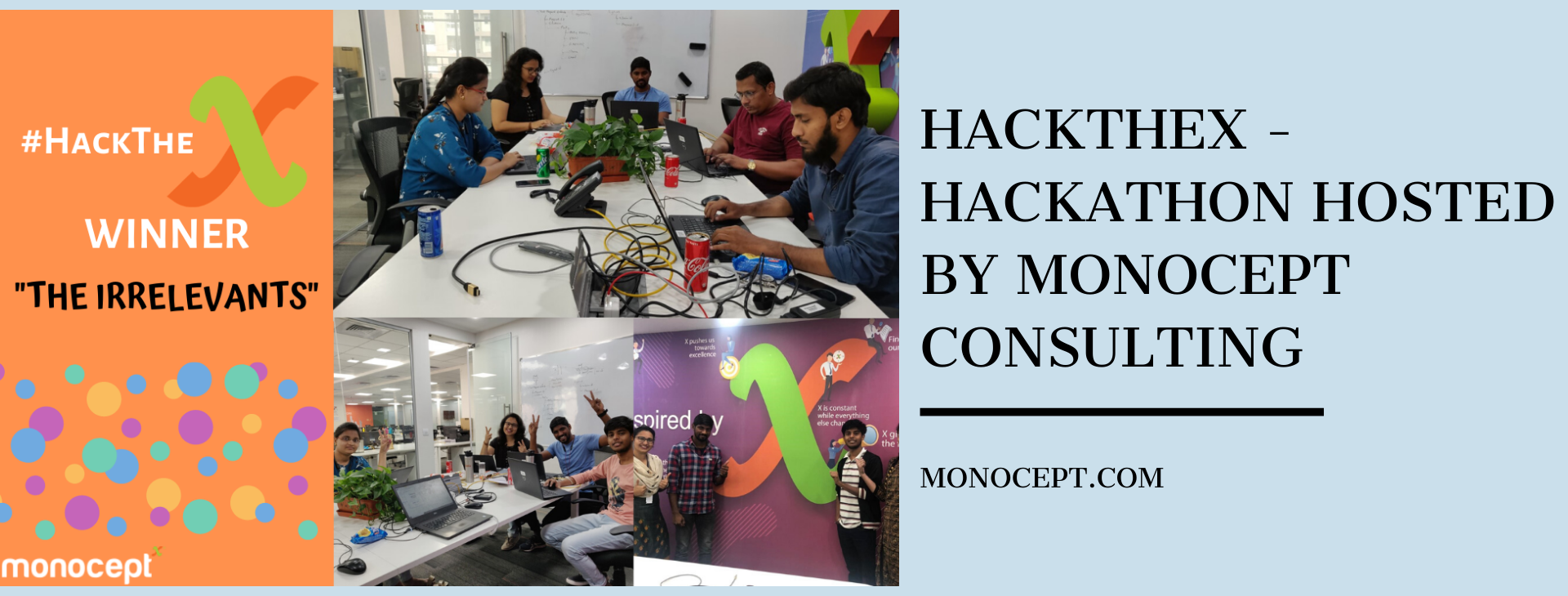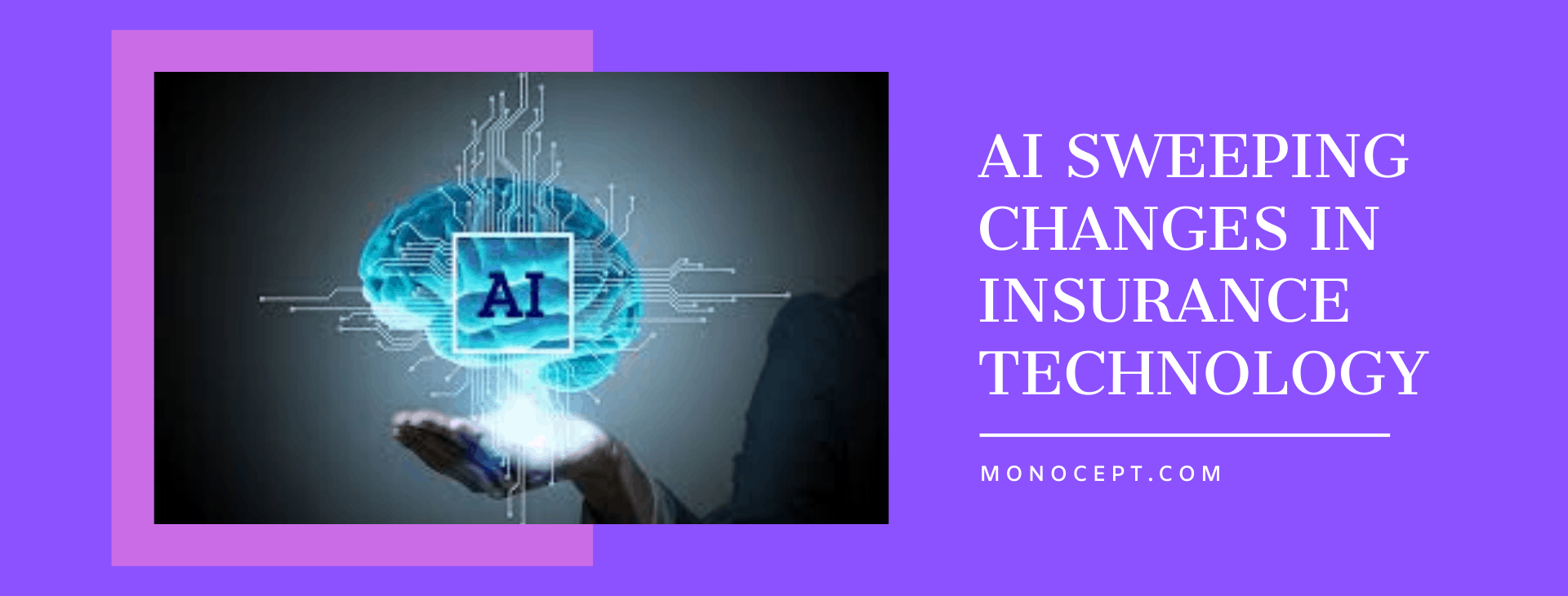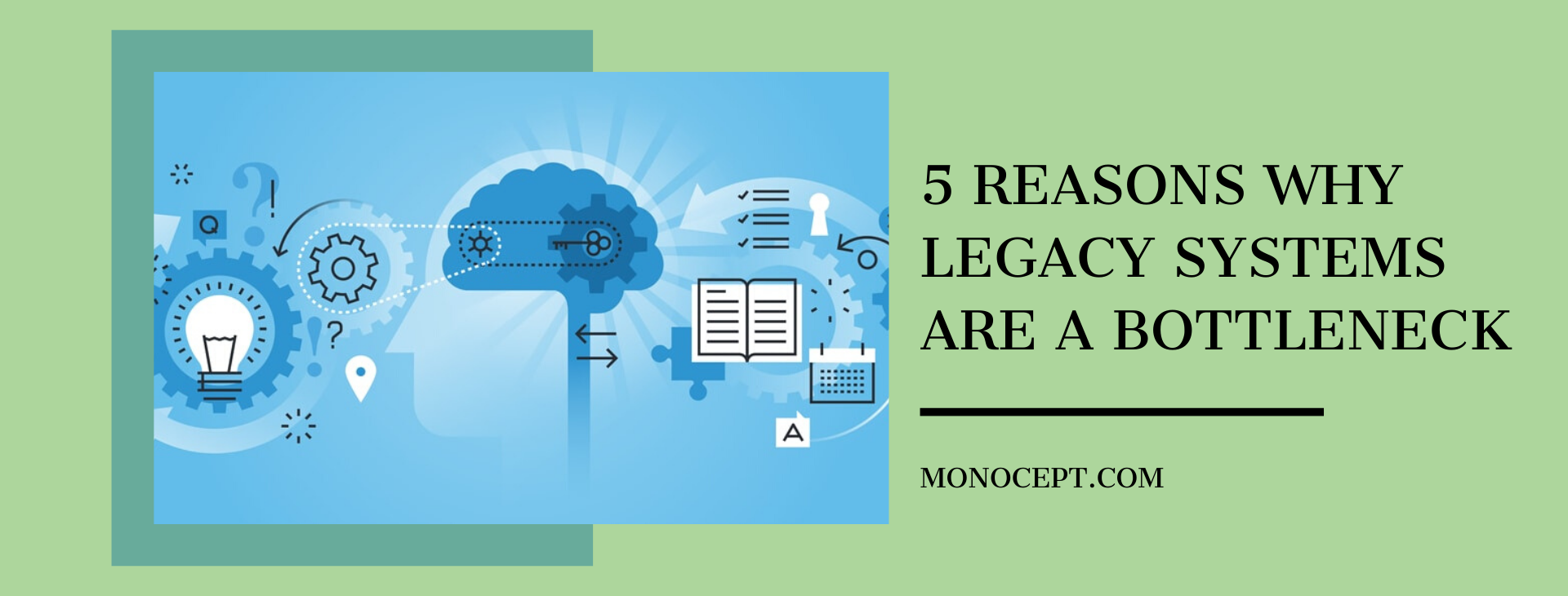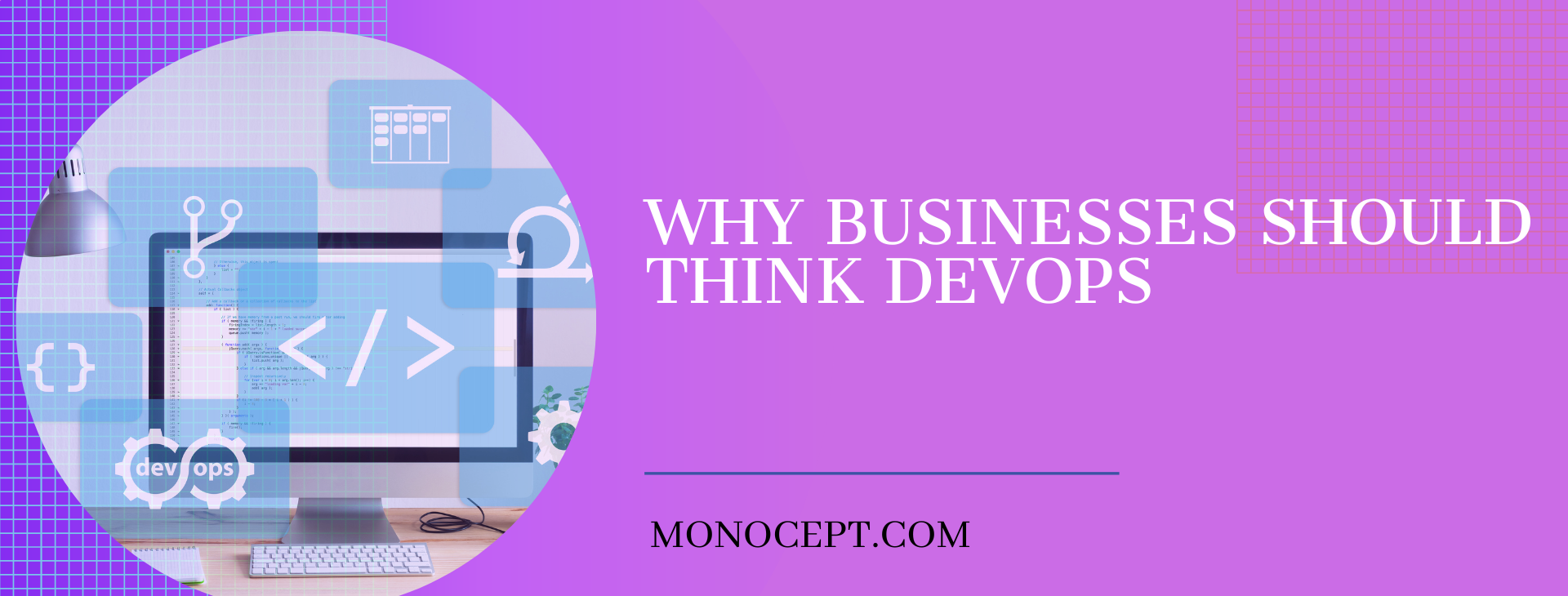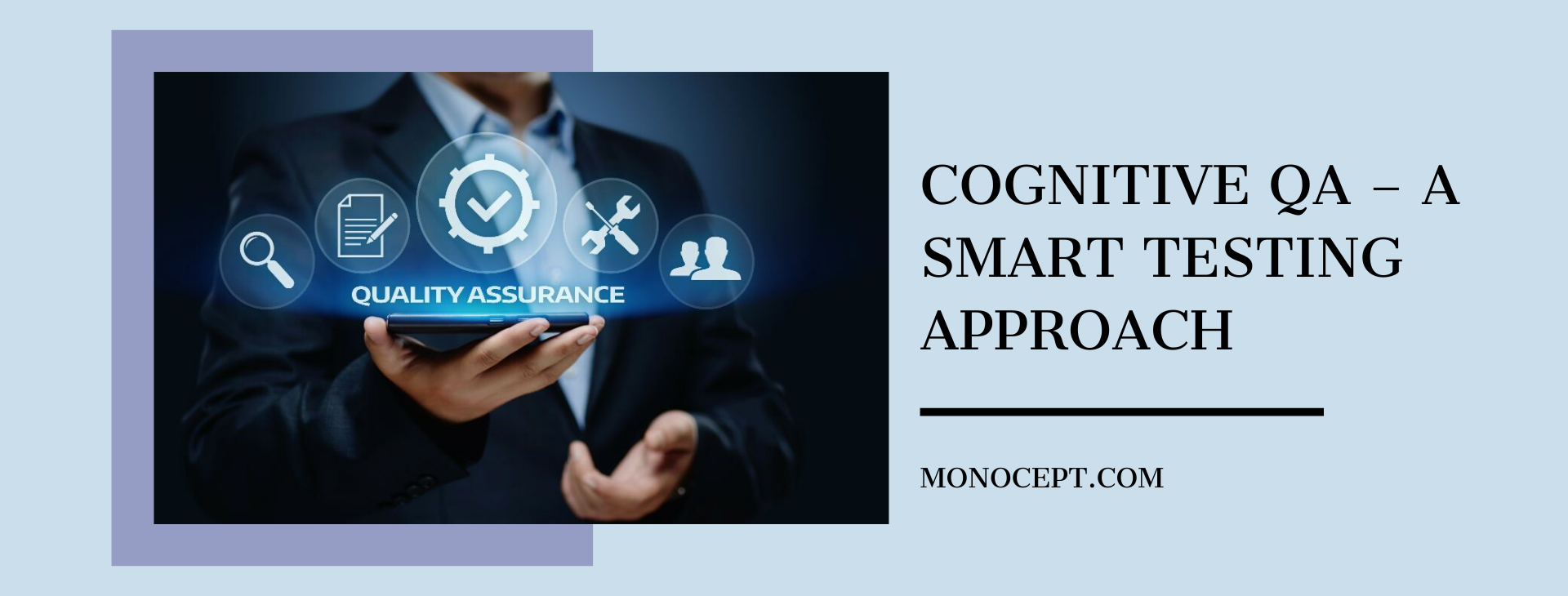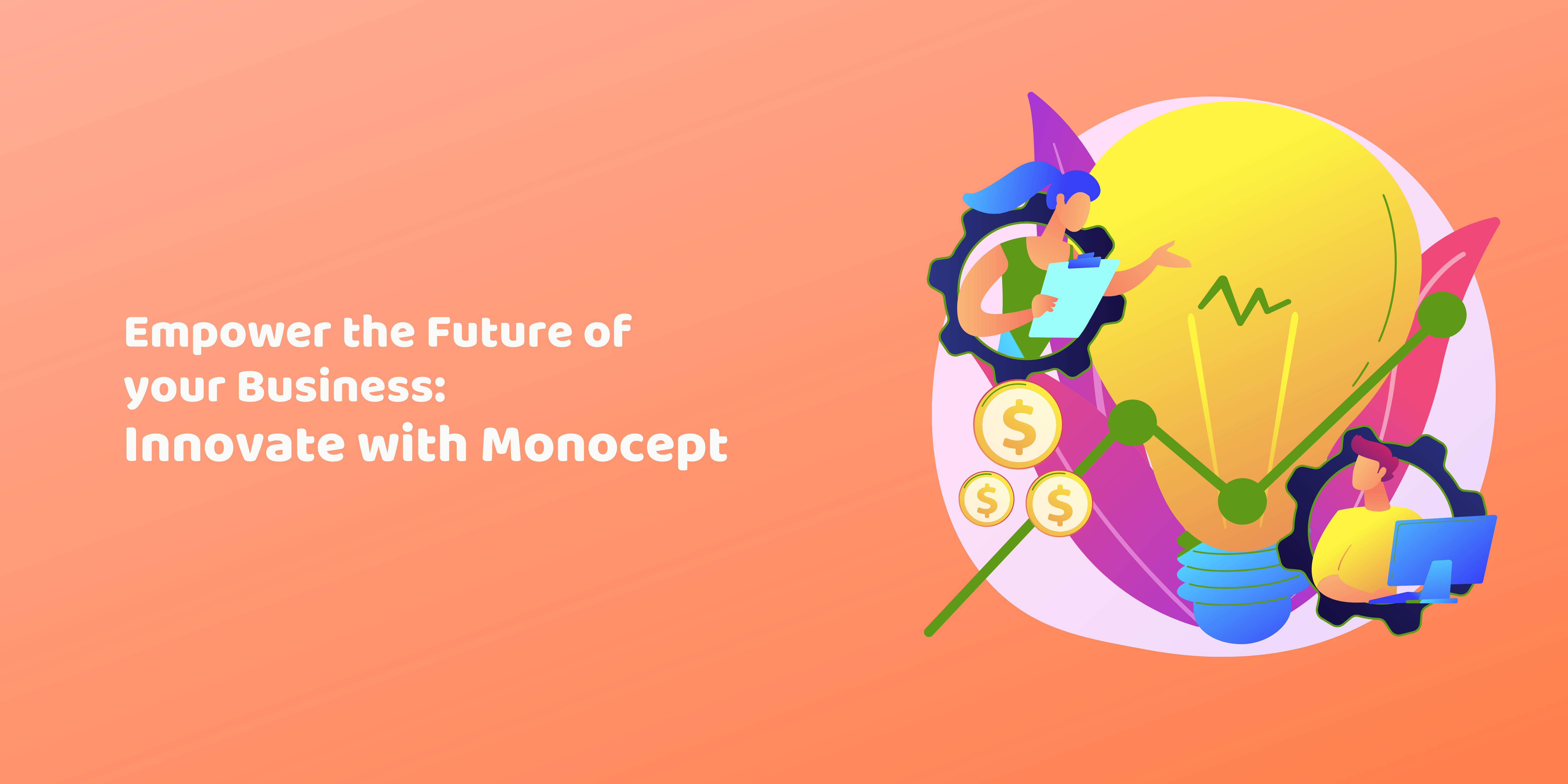The Future of Consulting: Embracing Generative AI 🌐
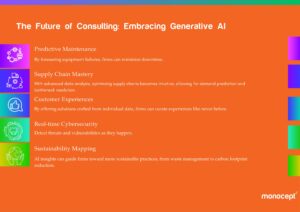
Generative AI: The Catalyst Redefining the Future of Consulting
The consulting landscape is on the cusp of a transformation driven by the possibilities of Generative AI. By diving deep into expansive data sets, AI offers real-time insights, guiding consultants to make data-driven decisions with unparalleled accuracy. Spotting patterns and discerning trends becomes second nature, paving the way for robust recommendations and decision frameworks.
But the marvel of Generative AI isn’t just in its analytical prowess. It’s in personalization. Consulting, a traditionally bespoke industry, can further tailor its services, meeting nuanced client needs with precision. This AI-fuelled efficiency doesn’t just trim down tasks; it enhances profitability, streamlines operations, and fosters innovation. For instance, consulting firms are now poised to pioneer predictive analysis tools, granting clients a futuristic lens to anticipate shifts and gain a competitive edge.
So, what’s on the horizon for consulting firms harnessing Generative AI?
Predictive Maintenance
Predictive maintenance uses data from equipment, such as vibration, temperature, or pressure, to predict when the equipment will fail or require maintenance. Firms can perform maintenance during scheduled times by anticipating when a machine will fail rather than facing unexpected breakdowns. Regularly maintaining equipment based on its actual condition can prolong its life, resulting in cost savings. Knowing when a piece of equipment will require attention allows firms to allocate resources more effectively.
Supply Chain Mastery
AI and advanced analytics can provide deep insights into various supply chain stages, making it easier to optimize and predict future challenges or needs. AI can analyse past sales data, current market trends, and other influencing factors to predict future demand, allowing firms to stock accordingly. By identifying areas in the supply chain that regularly slow down processes, firms can strategize ways to alleviate these choke points. Optimized supply chains reduce wastage, expedite delivery, and streamline inventory management, reducing costs significantly.
Elevated Customer Experiences
Using AI to analyse individual customer data can enable firms to create more personalized customer experiences. Whether in retail, entertainment, or services, AI can suggest products or experiences tailored to individual preferences. Improved Customer Support: AI-powered chatbots and support systems can provide instant, round-the-clock assistance. Anticipating customer needs or issues before they arise can lead to proactive solutions, further enhancing customer satisfaction.
Real-time Cybersecurity
Cybersecurity solutions powered by AI can monitor networks in real-time to detect any anomalies or potential threats. Instead of discovering a breach after the fact, real-time monitoring can catch unusual activities as they occur. Upon detecting a threat, the system can automatically take protective measures, such as blocking a suspicious IP address. AI models can learn from each threat, continuously improving the defence mechanisms.
Sustainability Mapping
AI can analyse a company’s operations to find areas where sustainability can be improved, from waste reduction to energy usage. By analysing waste production patterns, firms can find ways to reduce or repurpose waste. AI can help in identifying processes or areas that emit the highest amount of carbon, enabling targeted interventions. AI can monitor and analyse energy consumption, suggesting ways to reduce usage or switch to renewable sources. Moreover, Generative AI is adept at transforming raw, unstructured data into structured insights. This has been evident in recent GPT demos. Such capabilities mean consultants can swiftly glean actionable insights, fast-tracking project timelines and enriching customer experiences.
Internally too, consulting firms stand to benefit. Generative AI can automate repetitive tasks, refine client engagement strategies, and optimize project management, from resource scheduling to progress monitoring. The upshot? Enhanced efficiency, better client relationships, and superior outcomes, ensuring firms don’t just stay relevant, but lead the charge.
However, every coin has its flip side. Generative AI, while transformative, has its risks. Data bias, copyright concerns, and ethical dilemmas are real challenges. Consultants must be vigilant. Ensuring AI models are trained with diverse data, rigorously evaluating their accuracy, securing necessary permissions, and adopting an ethical framework isn’t just recommended – it’s imperative.
In conclusion, as Generative AI reshapes consulting, the industry isn’t just looking at enhanced services but a complete paradigm shift. The key lies in leveraging AI’s strengths while being acutely aware of its challenges, ensuring a future that’s both innovative and responsible.




































